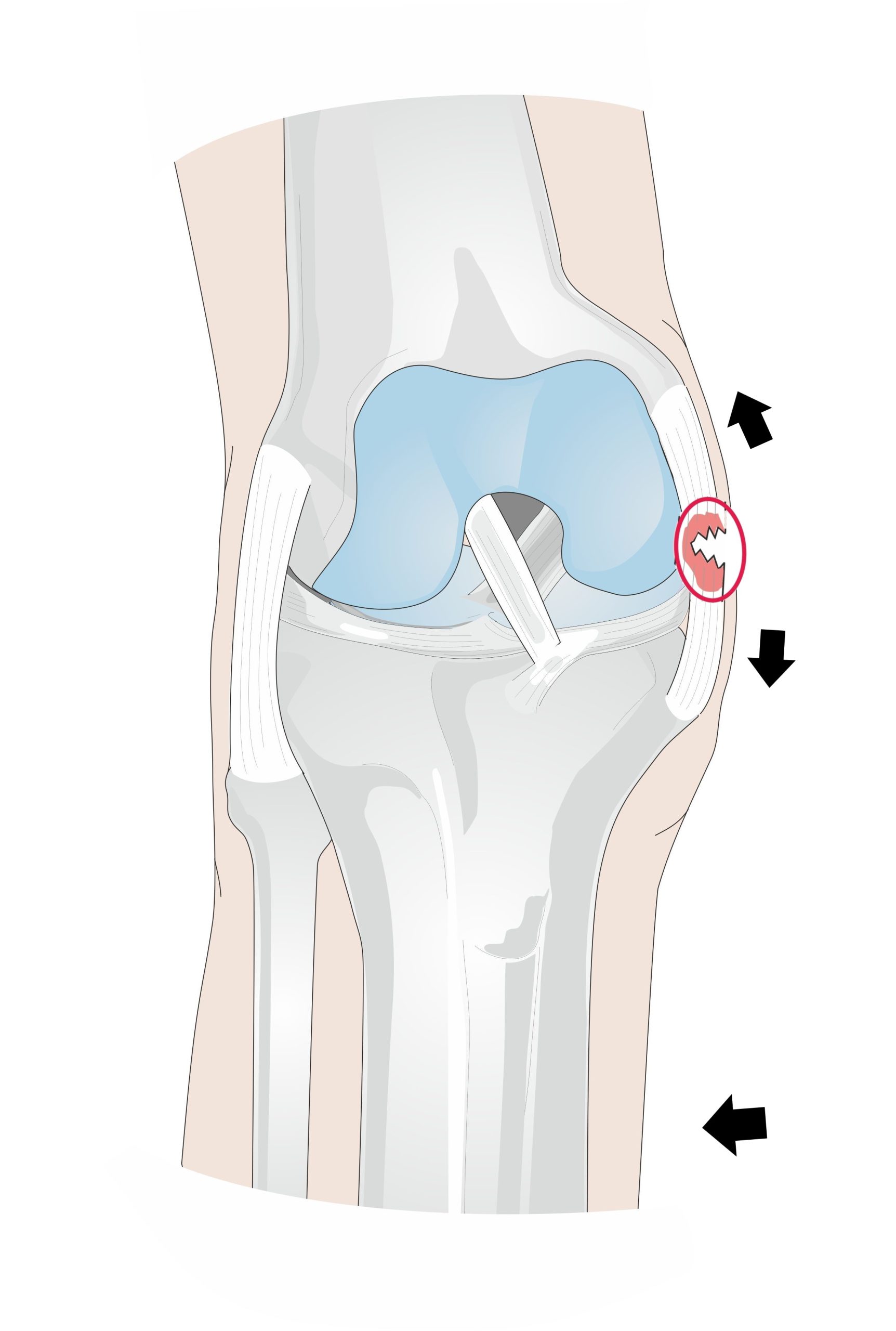MCL Injuries
What are MCL Injuries?
MCL injuries, also known as medial collateral ligament injuries, are common orthopedic conditions that affect the stability of the knee joint. The MCL is a thick band of tissue located on the inner side of the knee, connecting the thigh bone (femur) to the shin bone (tibia). Its primary function is to provide stability and prevent excessive inward movement of the knee.
Causes
MCL injuries typically occur due to direct trauma or excessive force applied to the outer side of the knee. Common causes include sports-related injuries, particularly those involving sudden changes in direction, pivoting, or collisions. Contact sports such as football, basketball, and soccer pose a higher risk of MCL injuries. Additionally, a twisting motion or hyperextension of the knee joint can also lead to MCL damage.
Symptoms
When the MCL is injured, patients may experience a range of symptoms, including:
- Pain and tenderness on the inner side of the knee
- Swelling and stiffness around the knee joint
- Instability or a feeling that the knee may give way
- Difficulty walking or bearing weight on the affected leg
- Bruising may occur in severe cases of MCL injury

Call Our Office
(912) 999-6885
Office Location
9100 White Bluff Road, Suite 102
Savannah, GA 31406
Book An Appointment
Click Here To Book An Appointment
MCL injuries can significantly impact an individual’s ability to engage in daily activities and sports. Seeking timely medical attention from a Carpal Tunnel Specialist is crucial for an accurate diagnosis and tailored treatment plan. Whether through conservative methods or surgical intervention, proper management of MCL injuries can help individuals recover and regain an active lifestyle.
Treatments
Carpal Tunnel Specialists are well-versed in diagnosing and treating MCL injuries. The treatment approach depends on the severity of the injury and may include:
Potential at-home remedies:
Rest, ice, compression, and elevation (RICE) to reduce pain and swelling
Immobilization through the use of braces, splints, or crutches to facilitate healing and provide stability
Physical therapy exercises to improve range of motion, strengthen the surrounding muscles, and promote knee stability
Non-steroidal anti-inflammatory drugs (NSAIDs) to alleviate pain and reduce inflammation
MCL Injuries Specialist’s interventions:
MCL repair
The torn ligament is reattached to its original position using sutures or anchors.
Reconstruction
When the MCL cannot be repaired, a graft from another tendon may be used to reconstruct the ligament.
